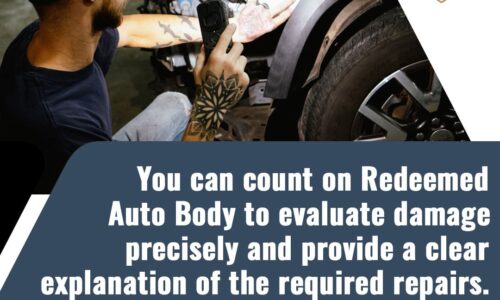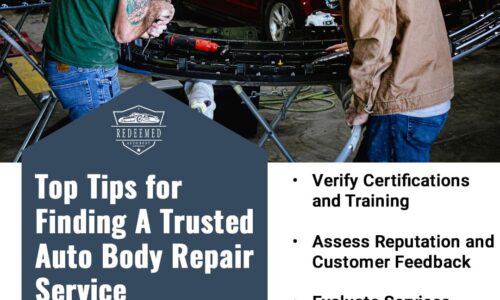Keep Up With The He Said, She Said

At Redeemed Auto Body, we understand that dealing with vehicle repairs can be stressful. Insurance companies play a crucial role in covering the costs of these repairs, but navigating the claims process can sometimes be challenging. In this blog post, we want to share some insights into insurer behavior and explain why it’s essential to handle all communications with your insurance company in writing.
The Challenge with Insurer Communication
Insurance companies are in the business of managing risk and minimizing costs. While this is understandable, it sometimes leads to situations where the insurer’s actions don’t align with their promises. For instance, we recently encountered a case where an insurer informed a customer that they had visited our shop and reviewed the repair details with us. In reality, the insurer had only stopped by to take a few photos, with no discussion about the repairs taking place. This miscommunication led to several problems:
- Inaccurate Estimates: The insurer provided a significantly lower estimate than our assessment, which was based on the vehicle manufacturer’s recommendations.
- Misinformation: They told our customer that we were overcharging and performing unnecessary repairs.
- Finality of Estimates: They claimed their estimate was final, despite the fact that insurers typically process multiple supplements to cover cost discrepancies.
Why Written Communication Matters
To prevent such issues, we strongly recommend handling all communications with your insurance company via text or email. Here are the key reasons why:
- Accountability: Written communication creates a record that can be referenced if there are discrepancies or misunderstandings. This holds both the insurer and the repair shop accountable.
- Clarity: Written records help ensure that all parties have a clear understanding of what has been agreed upon. This reduces the chances of miscommunication.
- Consistency: It is harder for an insurer to claim they said something different if there is a written record of the conversation. This consistency helps protect your interests.
Steps to Take
If you find yourself needing to communicate with your insurance company, here are a few steps to follow:
- Request Everything in Writing: Politely insist that all communications, including estimates and approvals, be sent via email or text.
- Document Phone Calls: If you must speak on the phone, follow up with an email summarizing the conversation. Request confirmation that your summary is accurate.
- Keep Detailed Records: Save all emails, texts, and documents related to your claim. This will be invaluable if any disputes arise.
Conclusion
At Redeemed Auto Body, we are committed to providing you with the highest quality repairs and exceptional customer service. By ensuring all communications with your insurance company are in writing, you can help protect yourself from potential issues and ensure a smoother repair process.
If you have any questions or need assistance with your insurance claim, please don’t hesitate to contact us. We are here to help you every step of the way.



